How Meghan Markle and Kate Middleton treat their royal roles differently, according to an expert
Meghan Markle and Kate Middleton share little in common when it comes to their public personas
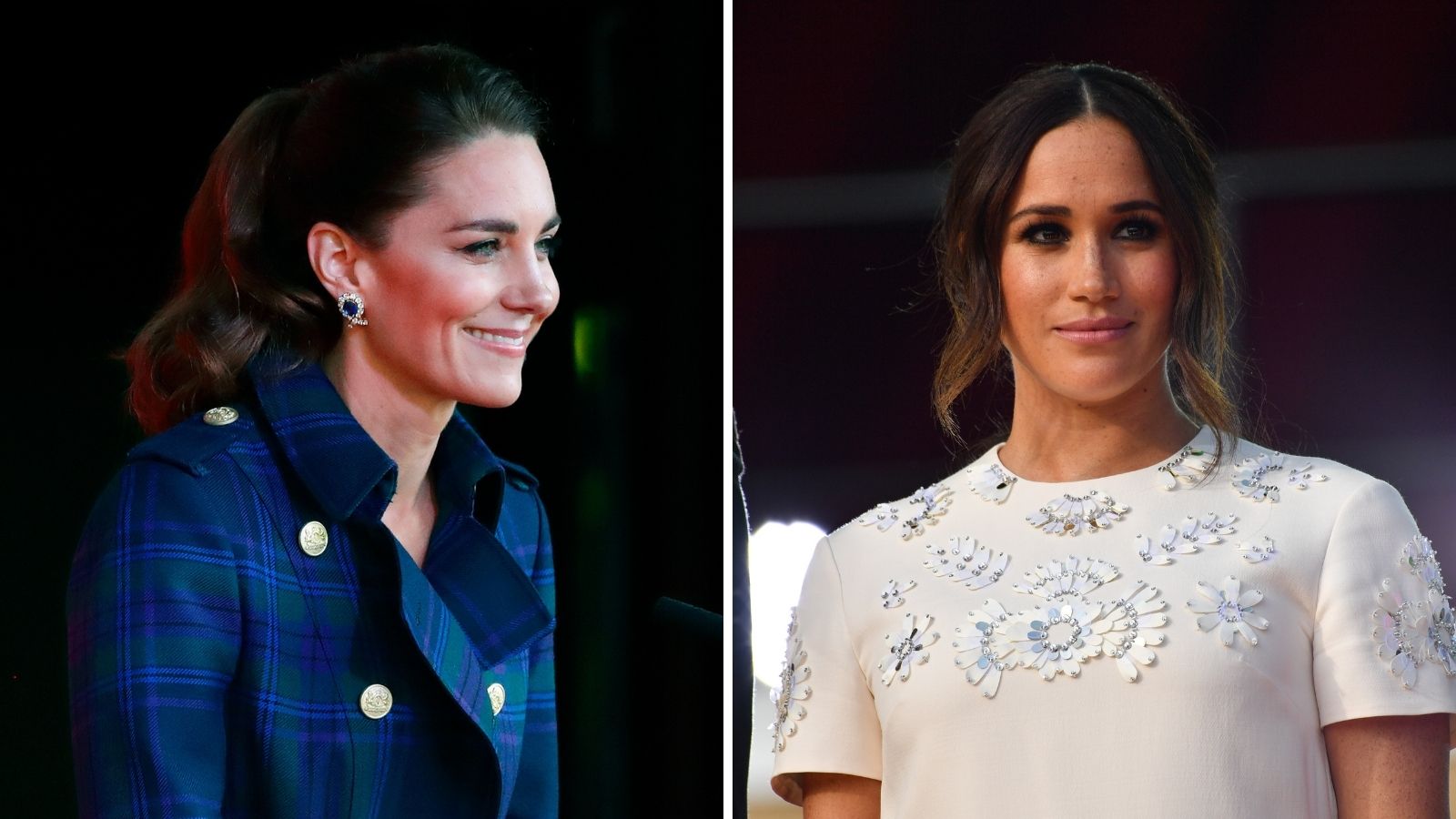
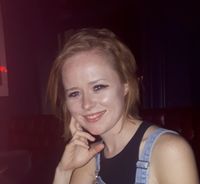
Meghan Markle and Kate Middleton's different approaches to royalty were laid bare in last night's episode of The Princes and the Press.
- Meghan Markle and Kate Middleton treat their roles within the British monarchy very differently, a royal expert has revealed.
- The Duchesses of Cambridge and Sussex's public personas were discussed at length in last night's episode of The Princes and the Press on BBC2.
- In other royal news, the Queen breaks silence as she is replaced as Barbados' Head of State.
Unless you've been living under a rock these past few weeks, you've likely heard a thing or two about The Princes and The Press.
The controversial BBC2 documentary has sent shockwaves through the Royal Family, delving deep into Prince Harry's so-called 'feud' with brother William and his complicated relationship with the British media over the course of two hour-long episodes.
The screening of such a speculative program in the aftermath of Princess Diana's interview investigation has been strongly opposed by the royals, who, up until recently, enjoyed a staple working relationship with the national broadcaster.
The Queen, Prince Charles, and Prince William filed a complaint and issued a joint statement in response to The Princes and The Press, dismissing its claims as "overblown" and "unfounded." Shortly after this, it was confirmed that Prince William and Duchess Kate had banned BBC from their Christmas concert broadcast in retaliation to airing the documentary.
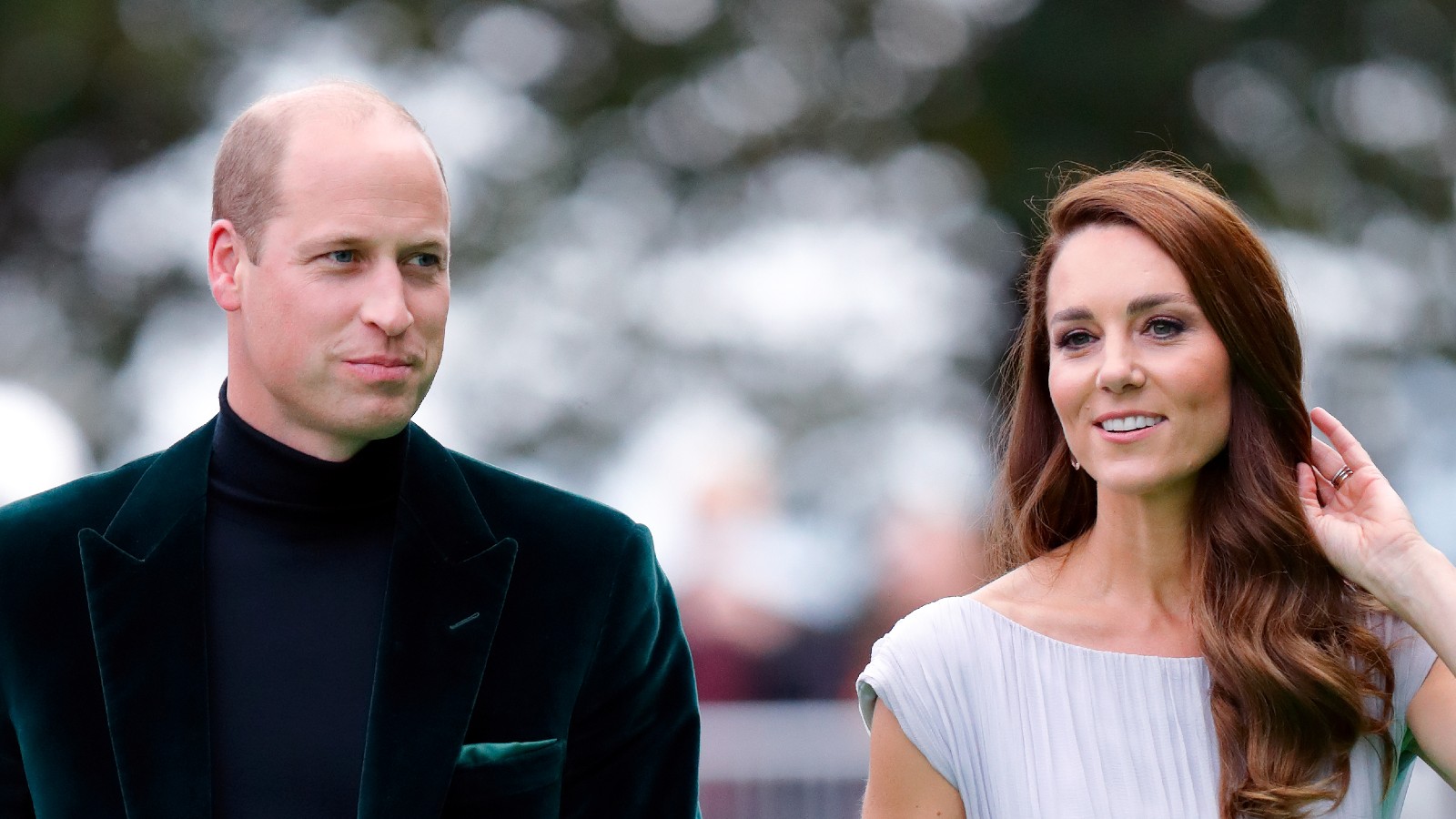
Prince William and Kate Middleton have pulled their Christmas concert program from BBC
Perhaps the most fascinating development, however, to emerge from the scandal was the report that Prince Harry had requested the BBC remove a 'misogynistic' word from the final edit of the series.
The Duke of Sussex opposed the inclusion of the term 'Megxit' in the documentary, having previously called it the invention of "a troll." The soundbite was circulated heavily by the British tabloids to describe Prince Harry and Meghan Markle's high-profile withdrawal from the Royal Family in early 2020 and has since garnered sharp criticism for its sexist undertones.
Sign up to our free daily email for the latest royal and entertainment news, interesting opinion, expert advice on styling and beauty trends, and no-nonsense guides to the health and wellness questions you want answered.
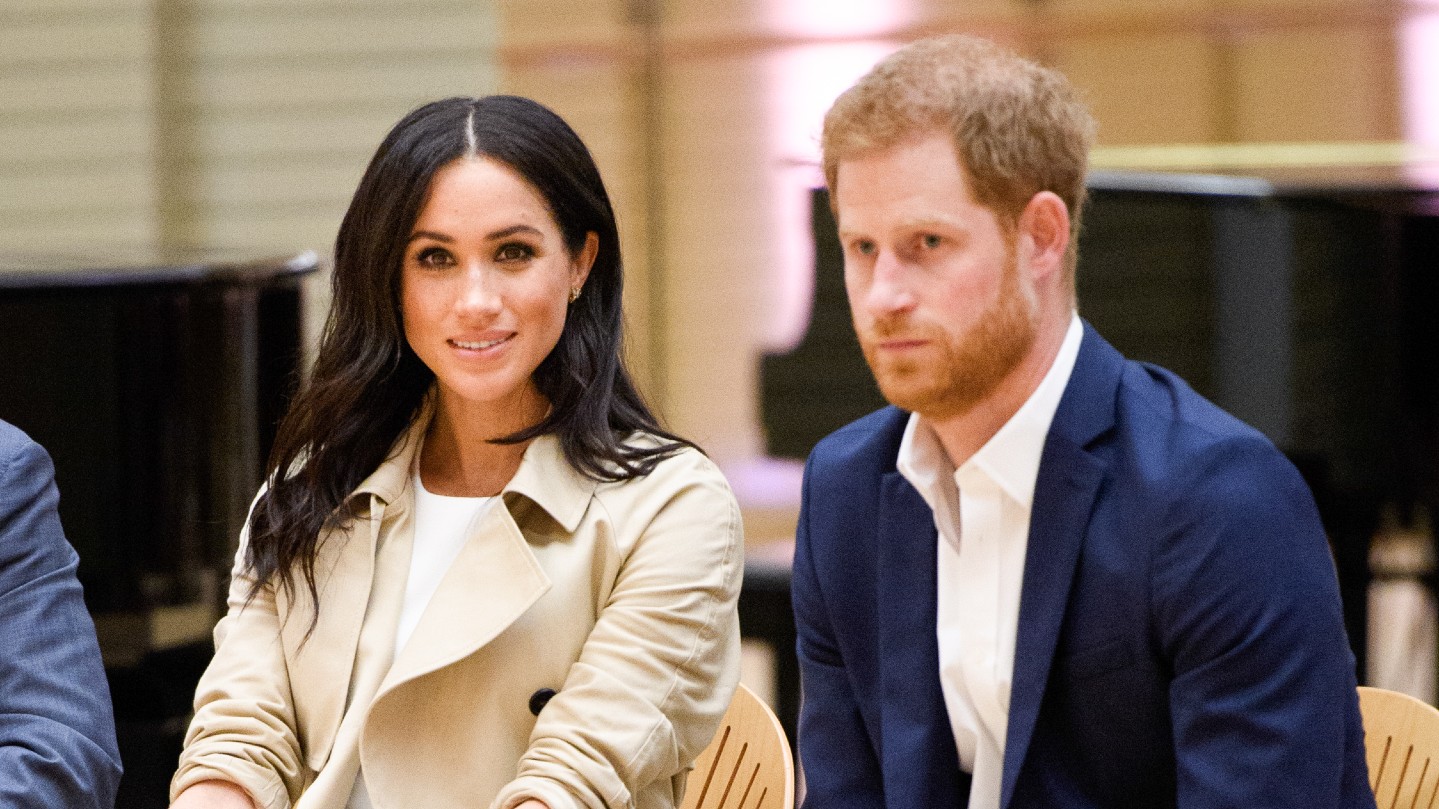
Meghan Markle has been subject to widespread sexism in the British tabloids
The second installment of The Princes and The Press offered a fascinating comparison between the UK press' treatment of Meghan, which often involved pitting her against her sister-in-law Kate Middleton.
The two royal icons have been subject to intense scrutiny in the media since 2018, with the Duchess of Sussex almost always being cast as the villain in the tabloids' salacious stories. Kate, on the other hand, was (and still is) routinely praised for her public service, seemingly never putting a foot wrong in the eyes of royal correspondents.
"There are women journalists, who basically say, 'Kate is perfect, she's our English rose,'" columnist and broadcaster Rachel Johnson said during last night's episode. "They have a perfect template of what they want a royal female to be: not political, doesn't open her mouth very much in public, who makes very short, scripted speeches on very safe subjects."
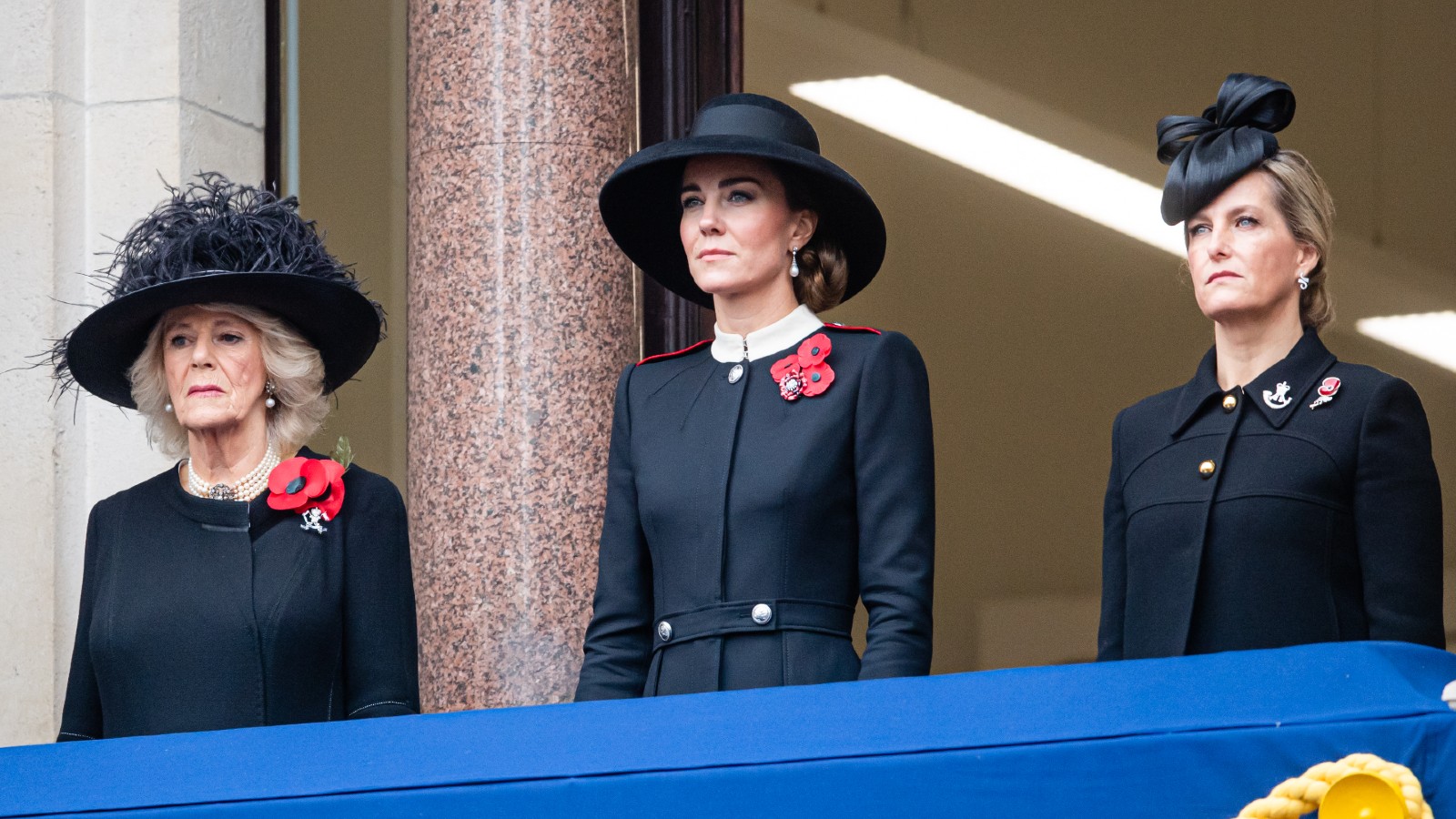
Kate Middleton is often praised by the British media as the 'perfect' royal woman
Meghan, on the contrary, exudes the antithesis of this palatable persona, regularly addressing controversial issues and often delivering a more 'off-the-cuff' tone in her speeches.
"Meghan Markle will talk about period poverty. She will talk about racism. She will talk about female empowerment," Johnson continued.
Of course, it is likely it is this refusal to tow the monarchial line that has hindered the Duchess's ability to be accepted by her in-laws. Britain's First Family is hardly known for breaking barriers, having followed a rigid set of rules and traditions for centuries.
"These are trigger subjects in this country, where the Royal Family, despite being led by the Queen for 70 odd years is still a very patriarchal, hierarchical country," Johnson said.
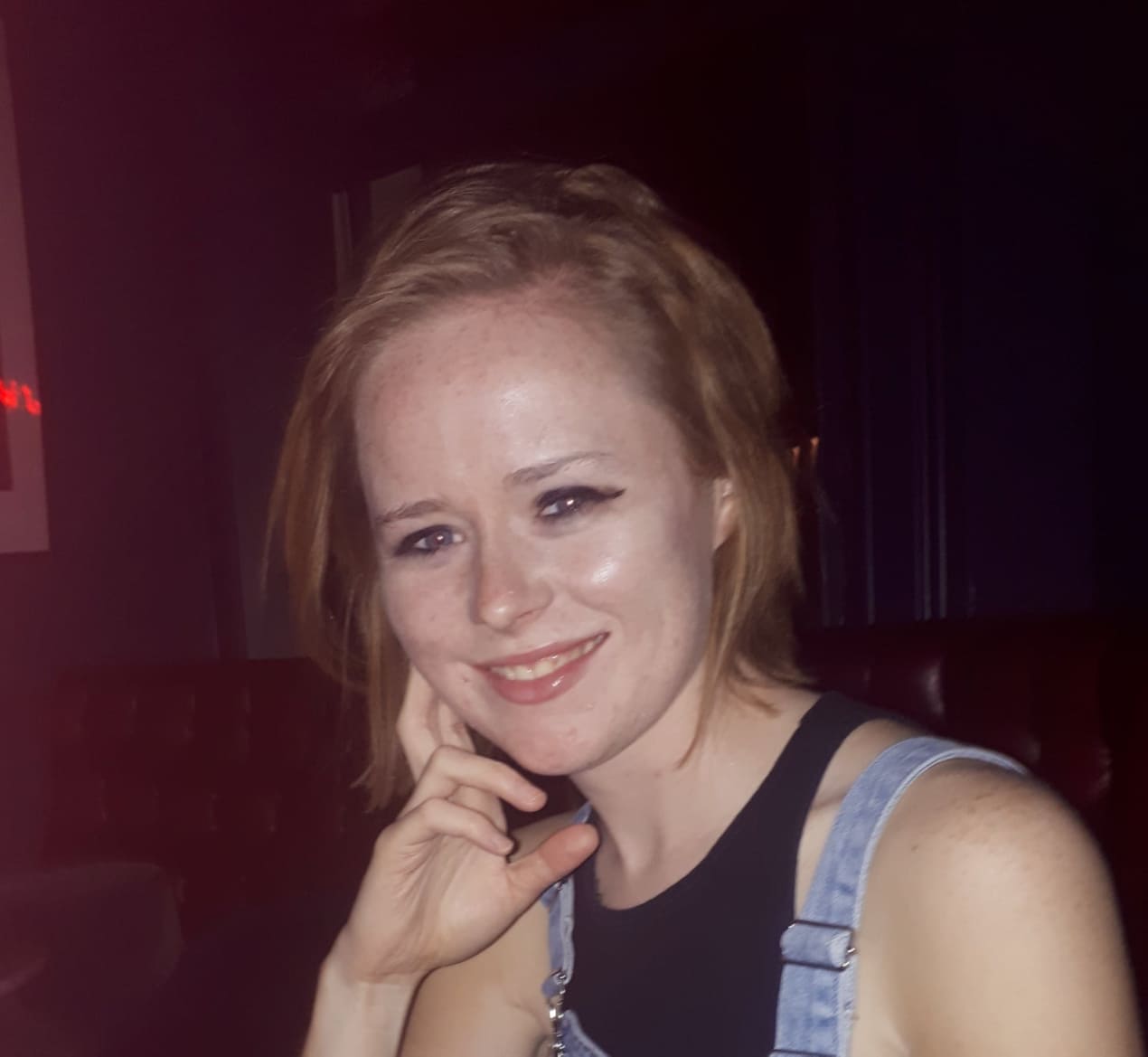
Hailing from the lovely city of Dublin, Emma mainly covers the Royal Family and the entertainment world, as well as the occasional health and wellness feature. Always up for a good conversation, she has a passion for interviewing everyone from A-list celebrities to the local GP - or just about anyone who will chat to her, really.
Emma holds an MA in International Journalism from City, University of London, and a BA in English Literature from Trinity College Dublin.